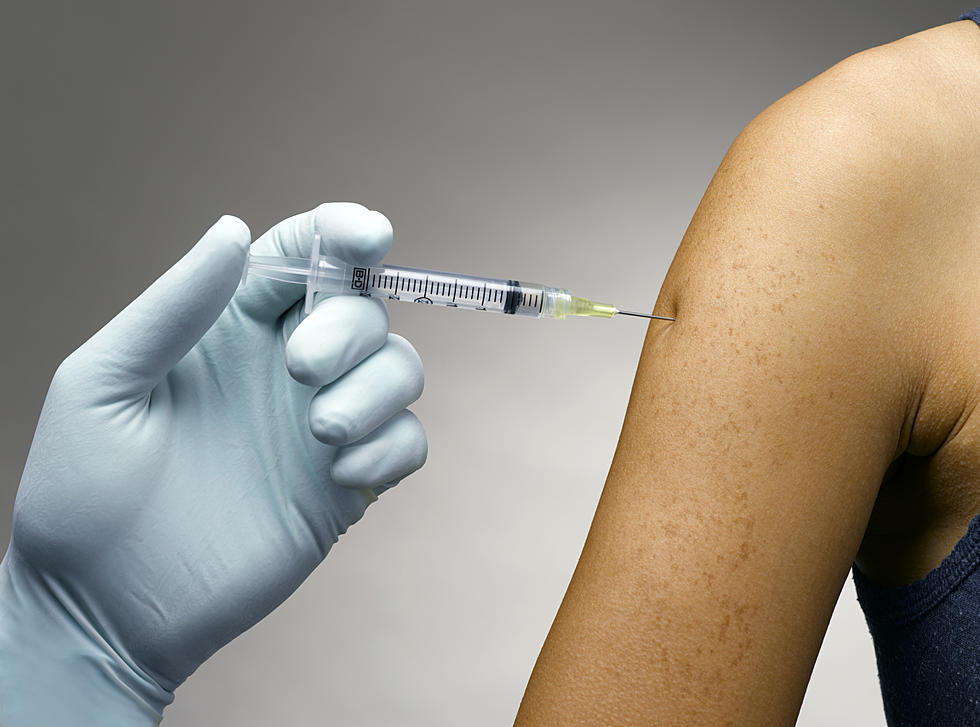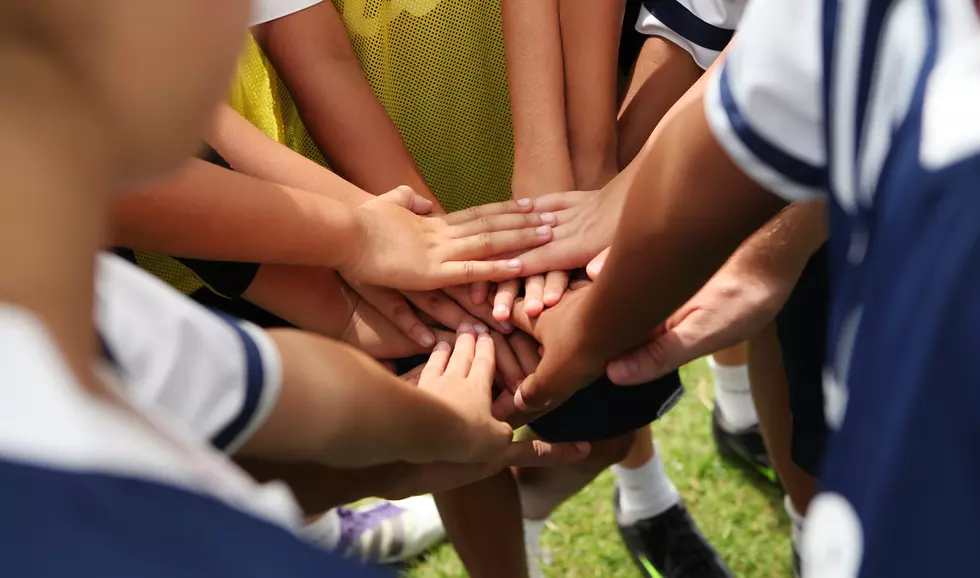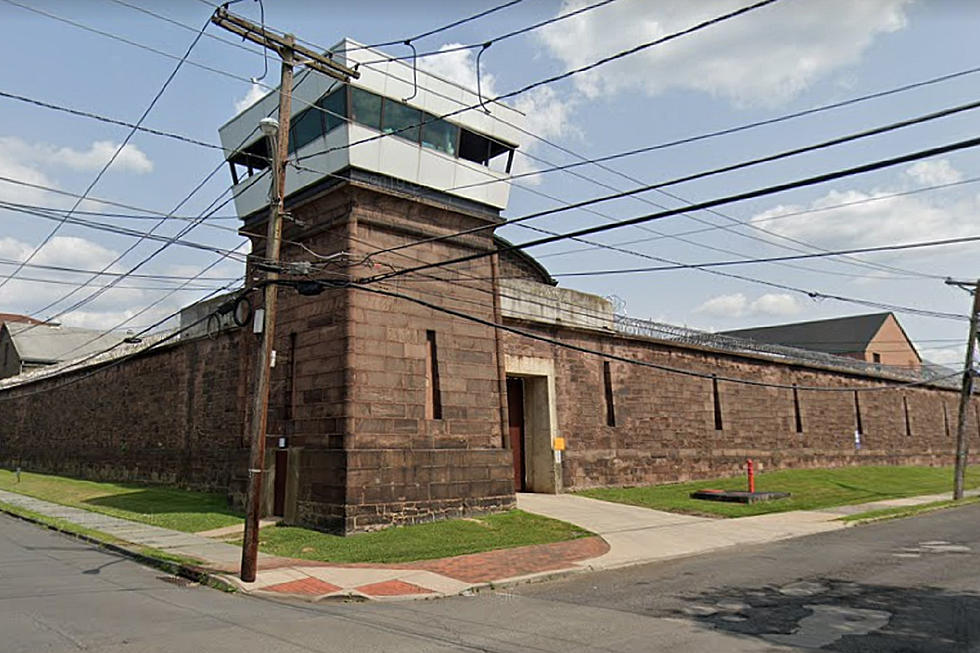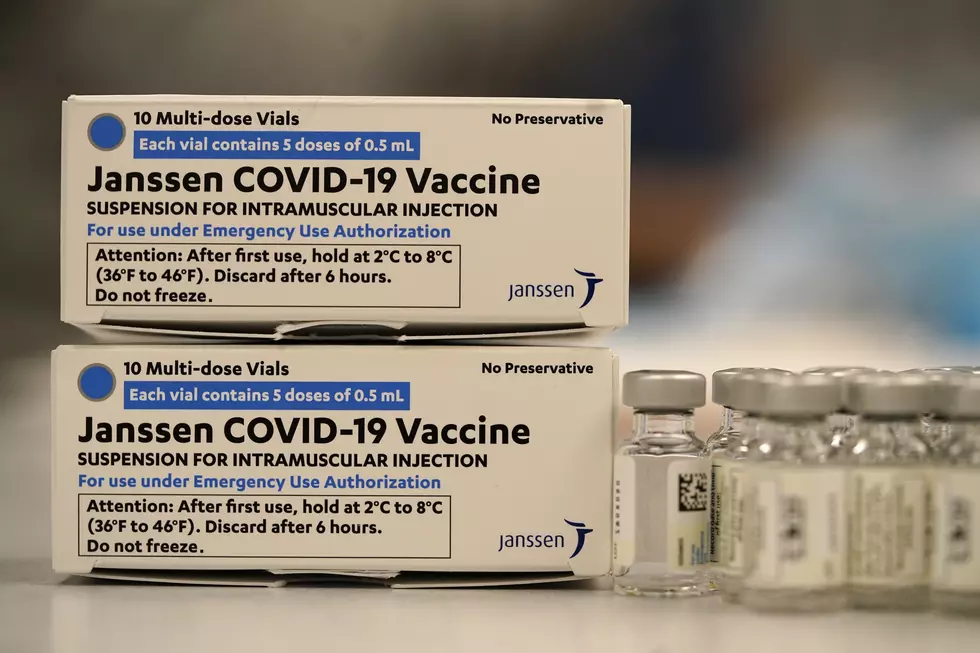
Rutgers study: Uninsured Americans getting COVID vaccine at much lower rates
NEW BRUNSWICK — Any of the approved COVID-19 vaccines can be had easily and equitably in New Jersey right now, with more than 1,800 vaccination sites in operation around the state.
The shots are available free of charge regardless of health insurance status, but numbers crunched at the Edward J. Bloustein School of Planning and Public Policy at Rutgers University seem to show that not everyone may realize that.
"There is a certain degree of confusion, I would say, among the uninsured community, and they are afraid that they will end up getting the bill from the hospital," Soumitra Bhuyan, assistant professor of health administration and the lead author of Rutgers' new national survey, said. "They don't have to pay for the vaccines or its administration, and the government is actually paying that for the people who are not insured."

Although the data collected during the week of April 7-12 was from 1,500 respondents across the United States, Bhuyan said New Jersey-specific results are being parsed out in the next couple of weeks, but will likely reflect national trends.
Namely, 55% of adults who have health insurance coverage said they had gotten at least one dose of a COVID-19 vaccine, while only 30% with no health insurance said they had.
Those percentages have no doubt improved in the two months since the survey was conducted, but it's possible the gap between the insured and the uninsured may not have closed much.
And at least in New Jersey, vaccine appointments are also now readily available, but that may not have been the case in all areas in early April.
At that time, 53% of Hispanic respondents to the survey said they had trouble scheduling a vaccine, compared with non-Hispanic Blacks (31.2%) and whites (36.8%).
New Jersey and other states have highlighted the mistrust in government programs evident in some minority communities, but Hispanic residents may have another obstacle altogether.
"The Hispanic community might have some of the other issues like a language barrier or other social determinants," Bhuyan said.
The complications in getting the vaccine into minority populations reflect CDC data on vaccination demographics, according to Bhuyan, and could require even more of a full-court press from local officials.
Rutgers' report found, in short, that people with higher incomes and higher levels of education were getting shots into their arms at much higher rates this spring.
"The problems are so deeply rooted, it might take a little bit longer for people to actually trust and understand that this is actually really free," he said.
One more troubling finding was in the LGBTQ community. The survey showed that 42% of homosexuals and 41% identifying as bisexual, pansexual or queer had gotten one dose of the vaccine, versus 52% of heterosexuals.
Bhuyan made the point that many in the LGBTQ population face regular access issues for medical care, even emergency treatment.
So far, officials in New Jersey have not specifically mentioned concentrating vaccine efforts on this group.
Inspiring Images of NJ Medical Professionals Receiving the COVID-19 Vaccine
More From 94.3 The Point










